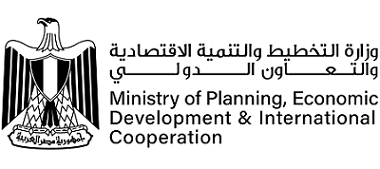Motivation of the event
The global development landscape has changed dramatically over the past decades. Multiple challenges, including climate change, the recent global pandemic, and geo-strategic tensions have all threatened the capacity of national systems to achieve SDGs and preserve their development gains. These challenges have resulted in disruptions in global trade, a significant increase in the cost of strategic goods such as energy-products and grain, and a gradual decline of FDI in developing nations. Additionally, many low and middle income countries have been forced to concentrate their public spending to mitigate the impact of such challenges, which came at the expense of public spending in human capital, particularly education, healthcare, and employment.
Traditional financing mechanisms alone are insufficient to meet the scale and urgency of prevailing challenges. The increased access to innovative financial solutions, such as blended finance, green bonds, social impact bonds, and debt-swaps and the introduction of country-led platforms that bring national developmental objectives to the forefront of implementable solutions have emerged as promising tools to address sustainability challenges. De-risking investments to developing countries is a key requisite for attracting private capital, resulting in not just increased financing in prioritized economic sectors but also allowing for the allocation of public spending to human development.
The global landscape of development finance is evolving rapidly. International organizations have an important role to ensure the success of the multilateral system in providing technical assistance and promoting the exchange of knowledge between stakeholders to enable the transition from pledges to implementation. In 2023 for example, the World Bank Group and the IMF released a Joint Statement on Enhancing IMF-World Bank Collaboration, which clearly defines their commitment to help countries establish their country-led platforms to mobilize additional climate finance, including private capital. This commitment will be guided by the World Bank Group’s Country Climate and Development Reports (CCDRs), the IMF’s climate-related analytics, and countries’ own climate ambitions.
The United Nations has an indispensable role to play in such a context, as its comparative advantage as the largest multilateral development system that supports member states’ access to knowledge, technical assistance, and successful international experiences to maximize developmental impact and achieve the principles and goals of the UN Charter and the SDGs.
The role of integrated and innovative solutions, country-led platforms, sustainable investments, de-risking and innovative financing modalities, south-south and triangular cooperation, and extensive technical expertise, have become more important than ever for achieving efficient policy reforms and sustainable investments that widen the private sector participation in the developing economies and emerging markets. Leverage analytics, technical assistance, just development finance, cross-sectoral and multi-stakeholder approach and policy expertise are significant to ensure productive implementation of the national policies and development strategies towards a resilient and prosperous future.
International financial institutions must also play their equally valuable role to ensure the success of this multilateral system. In 2023 for example, the World Bank Group and the IMF released a Joint Statement on Enhancing IMF-World Bank Collaboration, which clearly defines their commitment to help countries establish their country-led platforms to mobilize additional climate finance, including private capital.
Egypt, through its principled economic diplomacy and its recognition of the importance of country-led platforms in accordance with the Global Partnership for Effective Development Cooperation (GPEDC), has committed to concrete transformative actions in the realm of financing for development. Egypt has taken considerable steps in enhancing the national development finance policies through various initiatives that are human-centric and address the multidimensional development challenges in a comprehensive and nationally-owned manner i.e. the Sharm El-Shiekh Guide Book for Just Financing, the Decent Life initiative, Takaful and Karama Program, and the Country Platform for the Nexus of Water, Food and Energy - NWFE Program, multiple debt-swap programs with bilateral partners, and the Hub for Advisory, Finance & Investment for Enterprises (منصة حــافِـز).
This comes in full alignment with the national commitments presented by Egypt during the SDG Summit in 2023. This also comes in-line with the country’s 2023-2027 Strategic Cooperation Framework with the UN (UNSDCF) and its commitment to financing the SDGs through various means including the Integrated National Financing Framework (INFF), which the government of Egypt has committed to implement with the United Nations in 2020, laying out the means of financing its national priorities by 2030. The discussions will shed-light on the importance of alignment between developmental and financial planning, and how the presence of a supporting institutional framework is crucial to ensure this connection.
Scope of the Discussion:
The scope of the side event will expand to consider discussing additional successful examples and practices and examples and programmes from various countries in addition to Egypt.Relevant Summit Themes:
- Sustainable development financing, technology and innovation and digital cooperation, and transforming global governance.
Relevant Future Pact Actions:
- Action 1: We will take bold, ambitious, accelerated, just and transformative actions to realize the 2030 Agenda and leave no one behind.
- Action 2: We will close the SDG financing gap by providing sustainable, affordable, accessible and predictable development finance and effective means of implementation.
- Action 8: We will combat climate change, support developing countries adapt to its impact and ensure they have the financing they need
Speakers
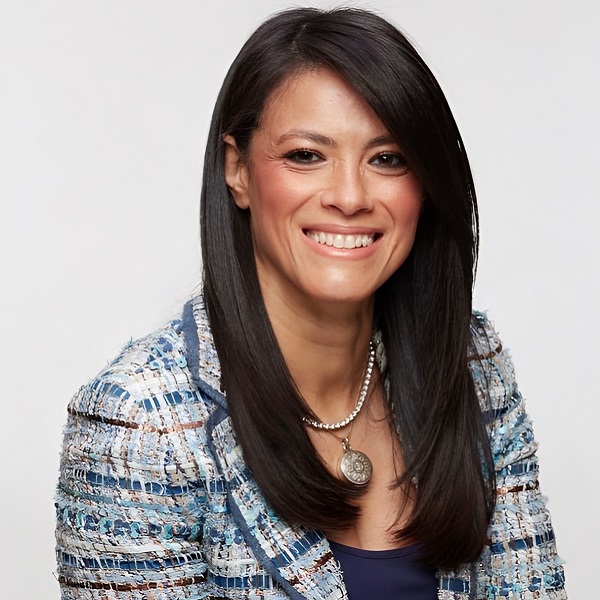
H.E Dr.Rania A. Al-Mashat
Minister of Planning, Economic Development and International Cooperation, Egypt
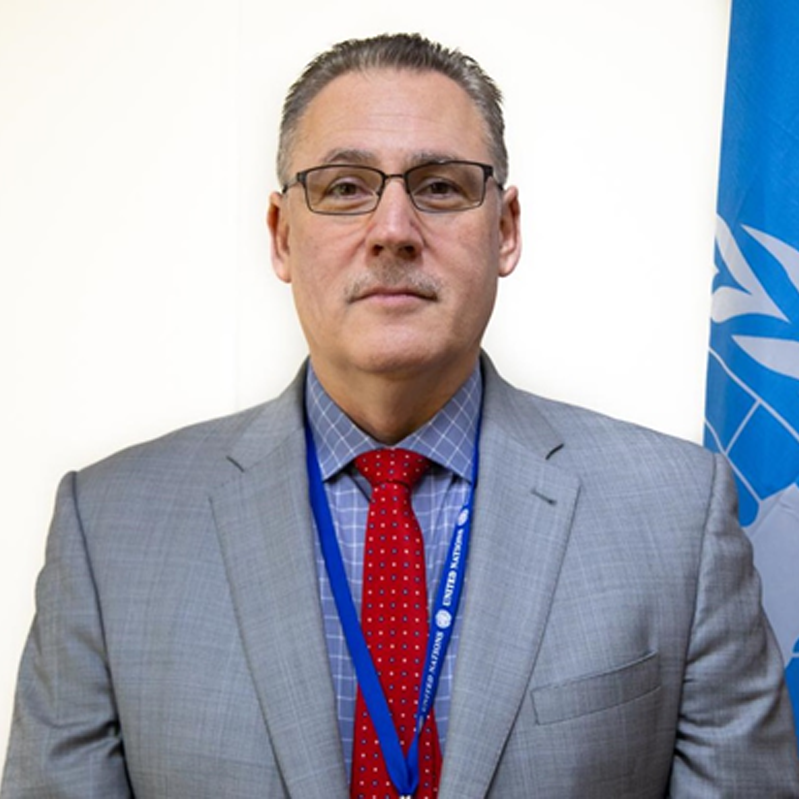
Mr. Abdallah Al Dardari
Assistant Secretary-General, Assistant Administrator, and Director of the Regional Bureau for Arab States, United Nations Development Programme (UNDP)
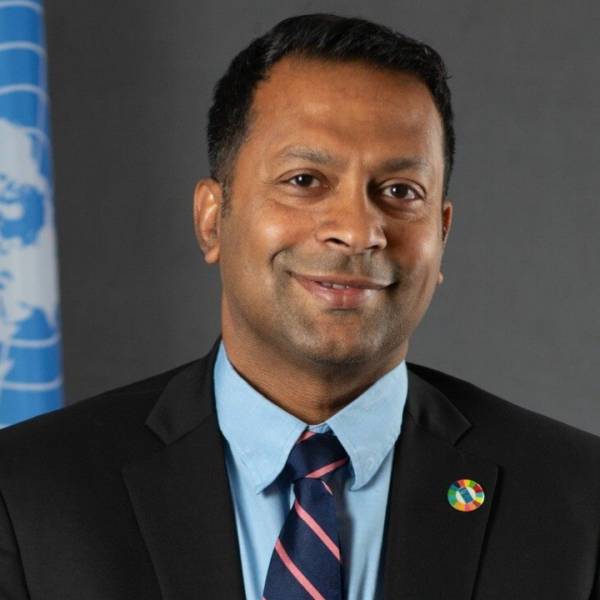
Mr. Pradeep Kurukulasuriya
Executive Secretary, UN Capital Development Fund (UNCDF)
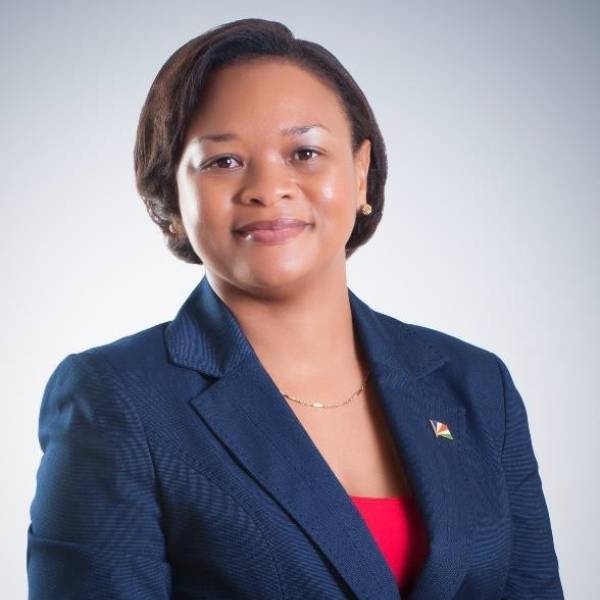
H.E. Amb. Marie Antoinette
Chief Executive Officer of the African Peer Review Mechanism (APRM)
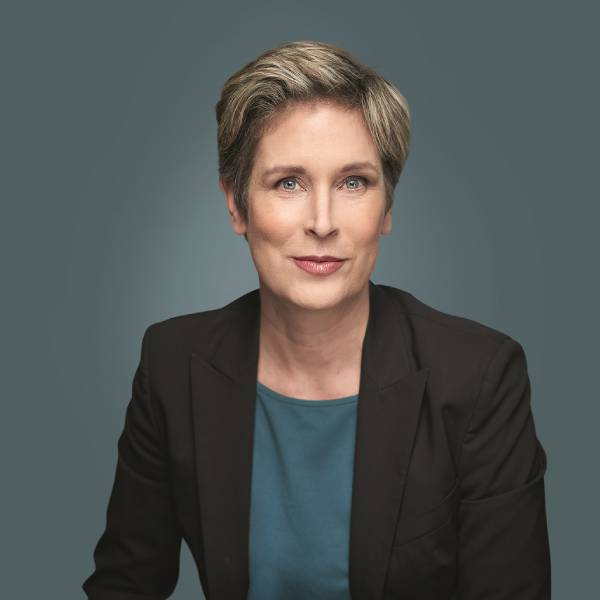
Ms. Silvana Koch-Mehrin
President and Founder of Women Political Leaders (WPL)

Mr. Craig Cogut
Founder, Chairman & CEO of Pegasus
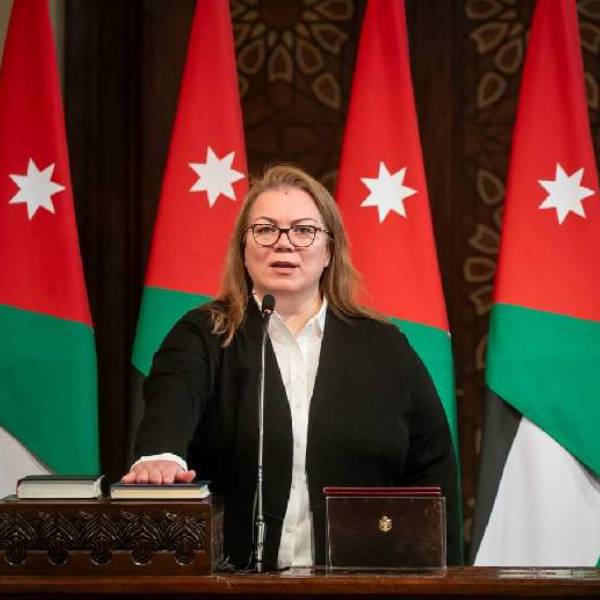
H.E. Ms. Zeina Toukan
Minister of Planning and International Cooperation of the Hashemite Kingdom of Jordan
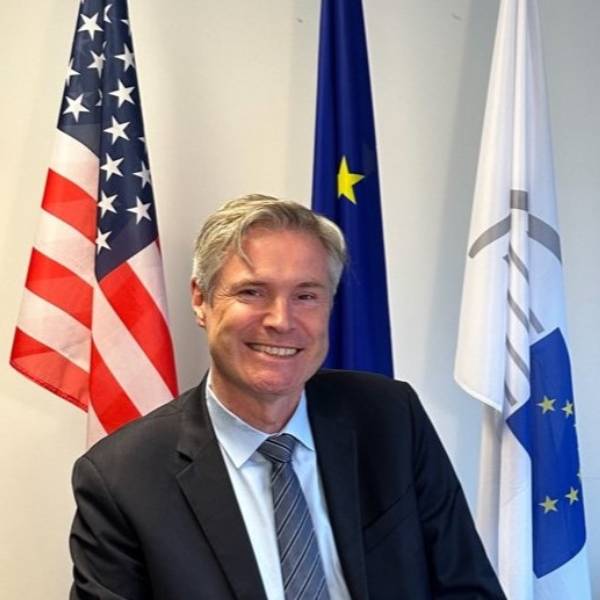
Dr. Markus Berndt
Head of the European Investment Bank (EIB) Group representation to the United States and the United Nations
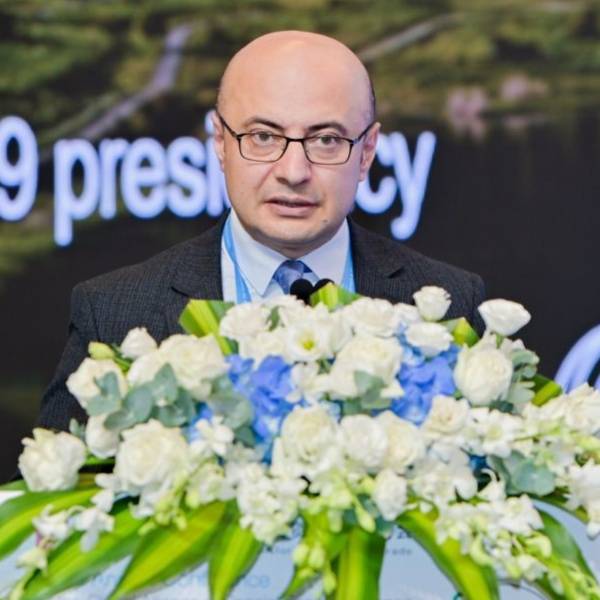
Mr. Elmar Mammadov
Head of Economic Cooperation Department at the Ministry of Foreign Affairs, The Republic of Azerbaijan, and Co-Leader of the COP29 Presidency's Action Agenda Team
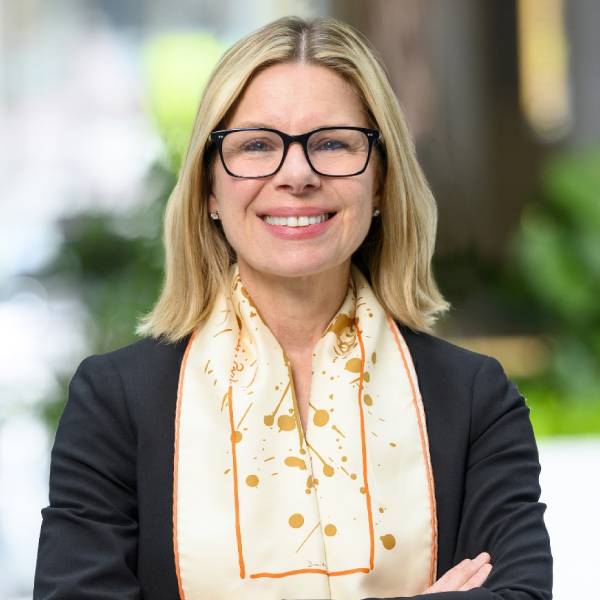
Ms. Anna Bjerde
Managing Director for Operations, World Bank Group
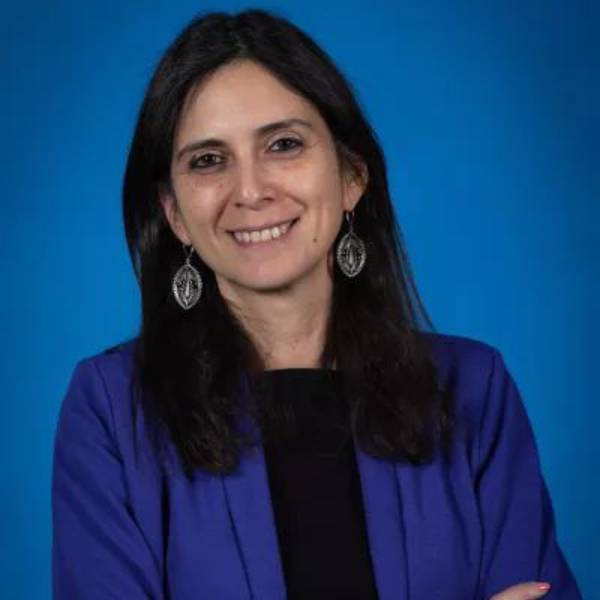
Ms. Natalia Winder-Rossi
Global Director, Social Policy and Social Protection, The United Nations Children’s Fund (UNICEF)



